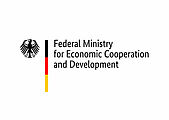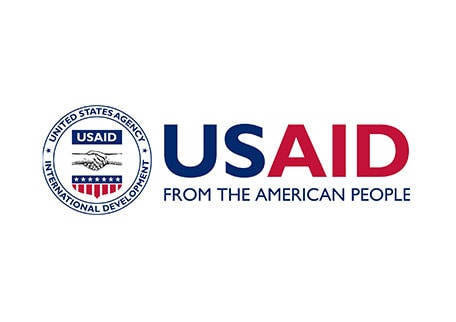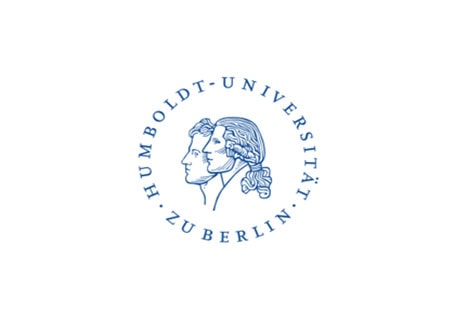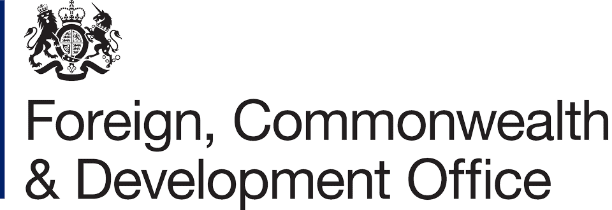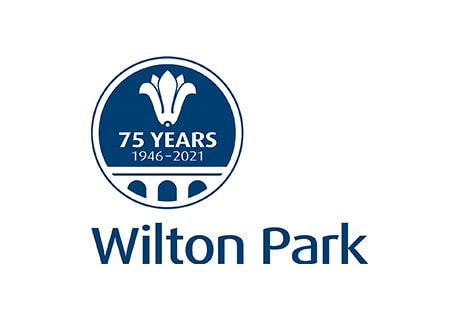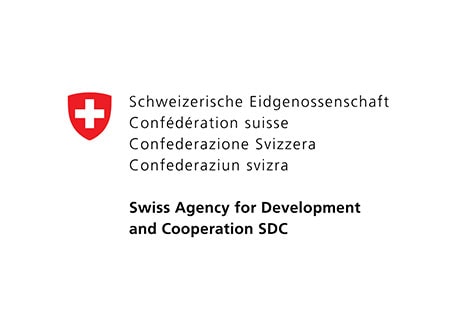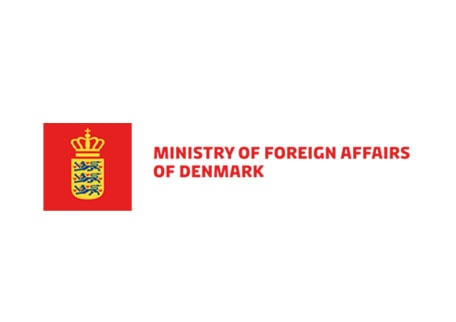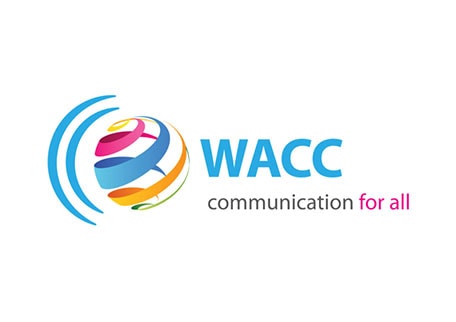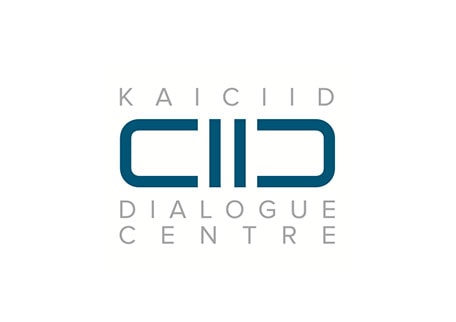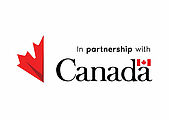
What we do
WECARE – Water, Environment and Climate Action
The PaRD Water, Environment and Climate Action Workstream (WECARE) focuses on Clean Water and Sanitation, Climate Action, Life Below Water and Life on Land (SDGs 6, 13, 14 and 15).
The premise of the workstream is that faith actors and faith-based approaches have an important contribution to make global efforts to reduce, prevent and reverse environmental degradation and to help mitigate the damaging and life-threatening effects of climate change and the environmental crisis, as described in SDGs 6, 13, 14 and 15.
The assumption underlying this premise is that harnessing faith-based approaches and faith actor’s potential will contribute positively to global efforts to address environmental, water and climate issues, and have an impact, in a way that adds unique value and complements non-faith based approaches and secular, or non-faith actor, led engagements.
The purpose of the WECARE Workstream is to:
- Foster collaboration between PaRD members around SDGs 6, 13, 14, and 15.
- Enable sharing of knowledge, learning and best practice among members and beyond, in order to facilitate learning and uptake of effective inclusive and faith-based approaches for tackling environment and water related issues.
- Promote and advocate for the role of faith actors and inclusive and faith-based approaches to addressing environment, water and climate action related challenges, in order for the breadth of knowledge and best.
The workstream launched a WECARE Resource Catalogue. This is a living document which illustrates knowledge resources from the WECARE Workstream members and PaRD members alike, related to green and blue SDGs (6, 13, 14 and 15). Members willing to contribute resources are welcomed to contact the PaRD Secretariat. In collaboration with Humboldt University Berlin (HU), WECARE co-hosted a Capacity Building Workshop on the topic Religious Communities and Ecological Sustainability in Southern Africa during the 2020 PaRD Virtual Annual Forum and General Assembly of Members. Building on the findings of the event, the HU will develop a comprehensive report, including research findings as well as policy recommendations, which will be presented to the Annual Forum 2021 in South Africa.
Related information
- Capacity Building Workshop on “Religious Communities and Ecological Sustainability in Southern Africa” with Humboldt University
- UN SDG Knowledge Platform: SDG 6 Clean Water and Sanitation
- UN SDG Knowledge Platform: SDG 13 Climate Action
- UN SDG Knowledge Platform SDG 14: Life Below Water
- UN SDG Knowledge Platform SDG 15: Life on Land
WECARE Workstream Leads

Ruth Faber
CEO;
EU-CORD

Dinah Achieng Ewuradjoa Ogara
Project Coordinator;
Institute for Development & Leadership in Africa (IDEA)

Dinesh Suna
Programme Executive/Coordinator of the Ecumenical Water Network (EWN);
World Council of Churches (WCC)

Matthias Boehning
Permanent Representative to the UN in Bonn & Co-Director;
World Evangelical Alliance (WEA) Sustainability Center

